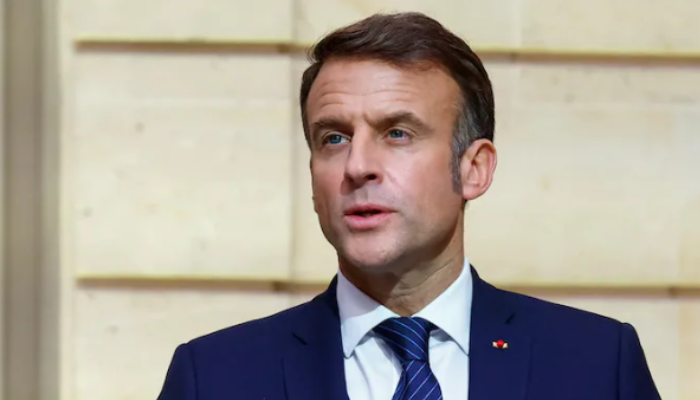
As Europe’s security challenges grow, particularly with Russia’s increasing threat, the question arises: can France lead the continent’s defense strategy? French President Emmanuel Macron has made France central to European rearmament initiatives, especially as the U.S. reduces its military presence in Europe. However, despite Macron’s ambition, there are significant concerns regarding France’s military capabilities and the effectiveness of its defense industry.
France’s Military Strength: A Strong Foundation But Challenges Ahead
France’s military ranks as one of the top 10 globally, with substantial investments in defense. The French army, with a 2024-2030 defense budget of €413 billion, is equipped with cutting-edge technologies. It boasts 225 Leclerc battle tanks, 197 fighter jets, and a nuclear-powered aircraft carrier. France also maintains a robust nuclear deterrence strategy with approximately 290 nuclear warheads.
However, despite these strong assets, critical challenges remain. For instance, ammunition stockpiles are alarmingly low, with reserves that could last only a few weeks in a prolonged conflict. France’s goal is to produce 100,000 155-mm artillery shells annually, but even with these improvements, it lags far behind nations like Ukraine, which fires up to 7,000 shells daily.
The Paradox of Arms Exports vs. Domestic Needs
While France is the world’s second-largest arms exporter, with success in selling Rafale jets and Caesar artillery cannons, the country’s military is not self-sufficient. Despite its high export numbers, France faces a shortage of ammunition. According to Emmanuel Dupuy, a military expert, France’s military-industrial supply chain is flawed, relying on international suppliers like Australia for key materials, such as gunpowder.
This imbalance in arms exports and domestic production highlights a key vulnerability in France’s defense strategy. While the country manufactures top-tier military equipment, its own army suffers from supply chain issues, making it harder to meet internal military needs.
What’s Missing in France’s Military?
Despite its substantial military assets, experts warn that France lacks several key capabilities to lead Europe’s defense. These include:
- Force Projection: France needs to invest more in heavy transport aircraft to deploy troops and vehicles quickly across the globe.
- Drones and Surveillance: Drones have become a vital tool in modern warfare, especially in the Ukraine conflict. France needs to accelerate its drone development, particularly for surveillance.
- Self-Sufficiency in Air Defense: Experts suggest that France, along with its European allies, must move away from reliance on U.S. systems like the Patriot missile defense system and develop its own European alternatives.
The Need for EU Cooperation and Military Integration
France’s military doctrine traditionally focuses on expeditionary warfare, meaning it is capable of deploying forces abroad but struggles with large-scale direct conflicts. While cooperation with NATO and the EU is essential, France’s military forces are often fragmented, limiting their independent effectiveness.
The EU’s defense industry still lacks integration, which means many nations rely on different types of military equipment. Military analysts argue that Europe needs to move toward joint procurement, potentially developing shared resources like a European fighter jet, rather than pursuing competing national projects.
France’s Strategic Moves: Funding and Future Prospects
To address these gaps, Macron’s government aims to raise €5 billion in additional funding for defense initiatives. With the country’s military spending currently at 2% of GDP, France plans to increase this to 3-3.5% over the next few years. While this is a step in the right direction, France faces financial constraints that could limit the pace of these enhancements.
Despite these challenges, there is cautious optimism about France’s future in European defense leadership. The government continues to make strategic investments in military capabilities, and cooperation with other EU nations is gradually improving. However, balancing these needs with financial limitations will remain a critical challenge for France’s defense strategy.
Conclusion: Can France Lead Europe’s Defense Efforts?
France has a robust military foundation and is making significant investments in its defense capabilities. However, gaps in key areas such as ammunition, force projection, and European cooperation pose challenges to its ability to lead Europe’s defense initiatives. With continued investment and a commitment to improving military integration within the EU, France may yet rise to the occasion as a leader in Europe’s defense strategy. The future of Europe’s security could depend on France’s ability to overcome these obstacles and work closely with its EU partners.
